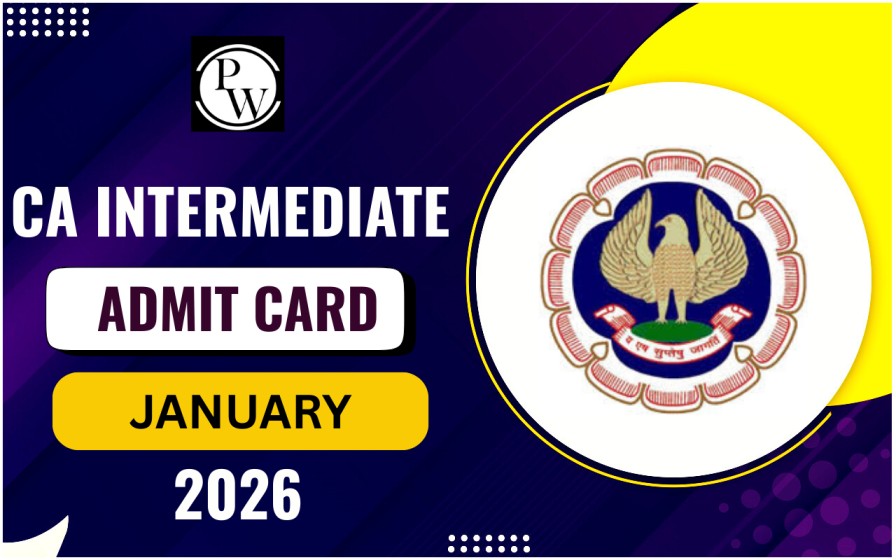
Mastering advanced accounting standards is one of the critical milestones in CA journey. These standards form the backbone of financial reporting and ensure transparency, consistency, and accuracy in financial statements.
In this article, we will explore the concept of applying advanced accounting standards, their importance, and how CA Intermediate students can effectively understand and implement them in their studies and future careers.What Are Advanced Accounting Standards?
Advanced accounting standards are a set of principles and guidelines that govern the preparation and presentation of financial statements. These standards are established by regulatory bodies like the International Accounting Standards Board (IASB) and the Institute of Chartered Accountants of India (ICAI). They provide a framework for accountants to ensure that financial statements are reliable, comparable, and transparent.Importance of Applying Advanced Accounting Standards
The importance of applying advanced accounting standards cannot be overstated. They ensure consistency across financial reports, which is crucial for stakeholders, investors, and regulatory authorities. These standards also enhance the credibility of financial statements, enabling better decision-making by providing accurate and relevant financial information.| Also Read: |
| CA Intermediate Exam Guide for Group 1 and Group 2 |
| CA Intermediate Previous Year Question Papers |
| Tips to Master Cost and Management Accounting for CA Intermediate |
Challenges in Applying Advanced Accounting Standards
While the benefits are clear, applying advanced accounting standards can be challenging. These standards are complex and require a deep understanding of various accounting principles and practices. CA Intermediate students often find it difficult to grasp the intricacies involved in applying these standards, which is why a structured approach to learning is essential.How to Master Advanced Accounting Standards?
The following are the tips to master applying advanced accounting standards:1. Understanding the Basics
Before diving into the complexities of advanced accounting standards, it's crucial to have a strong foundation in basic accounting principles. This includes understanding fundamental concepts such as double-entry bookkeeping, accrual accounting, and the accounting cycle.2. Studying the Framework
The next step is to study the framework of advanced accounting standards. This involves familiarizing yourself with key standards like Ind AS (Indian Accounting Standards) and IFRS (International Financial Reporting Standards). Understanding the objectives, scope, and principles of these standards is essential for their application.3. Practical Application
One of the most effective ways to master applying advanced accounting standards is through practical application. This involves solving case studies, working on real-life scenarios, and practicing with past exam papers. Practical exposure helps in understanding how these standards are applied in real-world situations.4. Staying Updated
Accounting standards are constantly evolving, and it's important to stay updated with the latest changes and amendments. Regularly reading accounting journals, attending workshops, and participating in webinars can help you stay abreast of the latest developments in accounting standards.Areas of Advanced Accounting Standards
The following are the key areas of Advanced Accounting Standards:1. Revenue Recognition
Revenue recognition is a critical area of advanced accounting standards. Revenue recognition involves deciding the timing and method of recording revenue in financial statements. Understanding the principles of revenue recognition is essential for accurate financial reporting.2. Financial Instruments
Financial instruments such as stocks, bonds, and derivatives are an integral part of financial reporting. The standards governing these instruments are complex, and mastering their application is crucial for CA Intermediate students.3. Leases
Accounting for leases has undergone significant changes with the introduction of new standards like Ind AS 116. Understanding the principles and application of these standards is vital for accurate financial reporting.4. Consolidation of Financial Statements Consolidation refers to merging the financial statements of a parent company with those of its subsidiaries. This is a complex area of advanced accounting standards that requires a thorough understanding of the principles and procedures involved.
For CA Intermediate preparation, consider enrolling in PW CA Intermediate Courses. Our courses are designed to help you master applying advanced accounting standards and other crucial aspects of the CA curriculum, ensuring you are well-prepared to crack the CA Intermediate exam .Advanced Accounting Standards FAQs
What are advanced accounting standards?
Advanced accounting standards are a set of principles and guidelines that govern the preparation and presentation of financial statements to ensure consistency, reliability, and transparency.
Why are advanced accounting standards important?
They ensure consistency across financial reports, enhance the credibility of financial statements, and enable better decision-making by providing accurate and relevant financial information.
What is revenue recognition in accounting?
Revenue recognition involves determining when and how revenue should be recognized in the financial statements, following specific principles and guidelines.
How can I stay updated with the latest accounting standards?
Regularly read accounting journals, attend workshops, and participate in webinars to stay abreast of the latest developments and amendments in accounting standards.
What is the significance of consolidating financial statements?
Consolidation involves combining the financial statements of a parent company and its subsidiaries, ensuring accurate representation of the financial position and performance of the entire group.
🔥 Trending Blogs
Talk to a counsellorHave doubts? Our support team will be happy to assist you!

Free Learning Resources
PW Books
Notes (Class 10-12)
PW Study Materials
Notes (Class 6-9)
Ncert Solutions
Govt Exams
Class 6th to 12th Online Courses
Govt Job Exams Courses
UPSC Coaching
Defence Exam Coaching
Gate Exam Coaching
Other Exams
Know about Physics Wallah
Physics Wallah is an Indian edtech platform that provides accessible & comprehensive learning experiences to students from Class 6th to postgraduate level. We also provide extensive NCERT solutions, sample paper, NEET, JEE Mains, BITSAT previous year papers & more such resources to students. Physics Wallah also caters to over 3.5 million registered students and over 78 lakh+ Youtube subscribers with 4.8 rating on its app.
We Stand Out because
We provide students with intensive courses with India’s qualified & experienced faculties & mentors. PW strives to make the learning experience comprehensive and accessible for students of all sections of society. We believe in empowering every single student who couldn't dream of a good career in engineering and medical field earlier.
Our Key Focus Areas
Physics Wallah's main focus is to make the learning experience as economical as possible for all students. With our affordable courses like Lakshya, Udaan and Arjuna and many others, we have been able to provide a platform for lakhs of aspirants. From providing Chemistry, Maths, Physics formula to giving e-books of eminent authors like RD Sharma, RS Aggarwal and Lakhmir Singh, PW focuses on every single student's need for preparation.
What Makes Us Different
Physics Wallah strives to develop a comprehensive pedagogical structure for students, where they get a state-of-the-art learning experience with study material and resources. Apart from catering students preparing for JEE Mains and NEET, PW also provides study material for each state board like Uttar Pradesh, Bihar, and others
Copyright © 2026 Physicswallah Limited All rights reserved.









